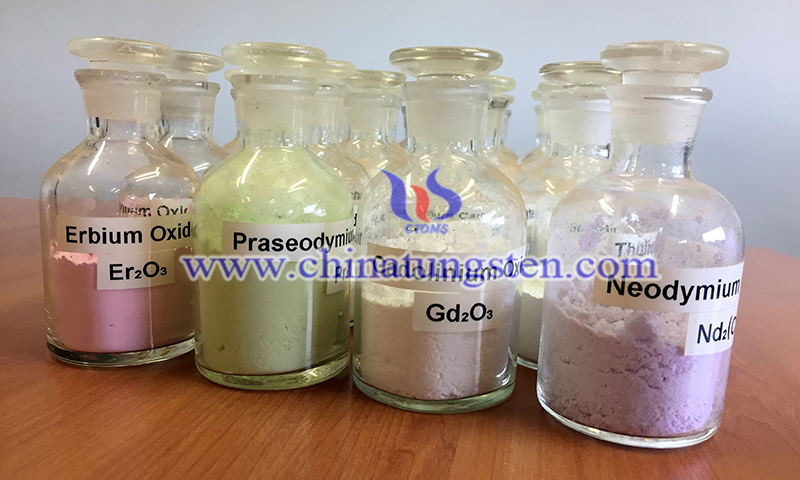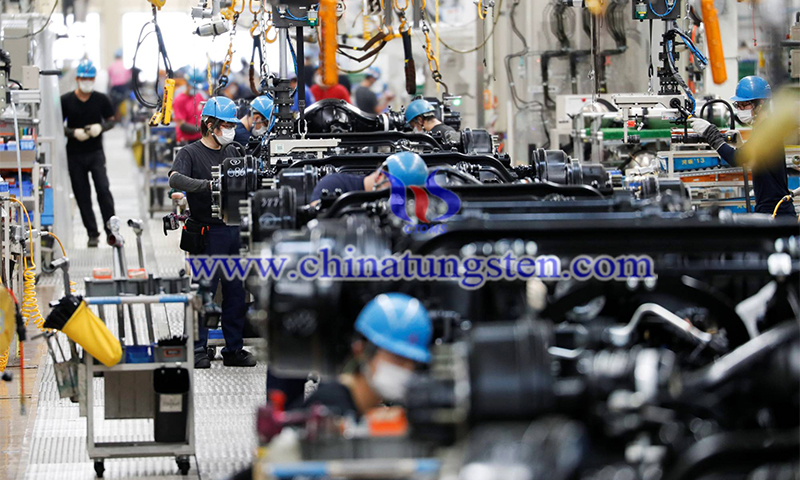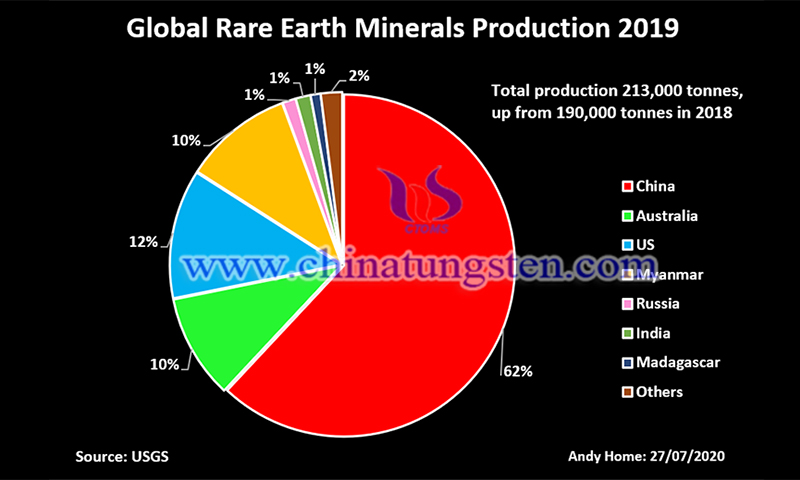EU Wants to End Dependence on China for Rare Earths
- Details
- Category: Tungsten's News
- Published on Tuesday, 04 January 2022 21:18
China is the world's largest producer of rare earths, controlling over 80% of the world's rare earth production from lithium to silicon metal, and statistically, the world's largest economies from the US to the EU rely heavily on Chinese production to keep their electric vehicles running.

The latest Western concerns about Chinese dominance in rare earth production were expressed by EU Internal Market Commissioner Thierry Breton in a recent statement indicating that Brussels aims to enact a law giving itself emergency powers to secure its supplies, including rare earth metals.
While Breton did not specify these measures, experts believe they may include export controls and Brussels' power to require companies operating in the EU to provide information about their production levels, inventories, and supply chains.
Rare earth metals are also crucial for the production of magnesium alloys (which increase strength at high temperatures) and the development of new batteries for electric vehicles. We import lithium for electric cars, platinum for the production of clean hydrogen and silicon metal for solar panels," European Commission President Ursula von der Leyen said at Industry Day 2021 earlier this year, referring to the growing importance of rare earth elements.

"Ninety-eight percent of the rare earths we need come from a single supplier - China - yet that's not sustainable. Therefore, we must diversify our supply chain," said Breton.
While EU leaders complain about dependence on rare earths, that is unlikely to change overnight because China is the world's largest producer of rare earth elements. While our country holds nearly 37 percent of the world's total rare earth reserves, its companies also operate around the world, particularly in countries such as Myanmar, which provides half of our country’s heavy rare earth exports, according to experts.

Since the 1980s, China has been interested in investing in its rare earth sector, recognizing how these 17 elements listed on the periodic table of chemistry can change the face of modern technology. Europe does not have large reserves of rare earth elements. However, EU leaders may seek other sources of rare earths from countries such as Australia, Brazil, Canada, South Africa, Tanzania, Greenland, and the United States.
- Rare Earth Manufacturer & Supplier, Chinatungsten Online: www.chinatungsten.com
- Tungsten News & Prices of China Tungsten Industry Association: www.ctia.com.cn
- Molybdenum News & Price: news.molybdenum.com.cn
- Tel.: 86 592 5129696; Fax: 86 592 5129797; Email: sales@chinatungsten.com